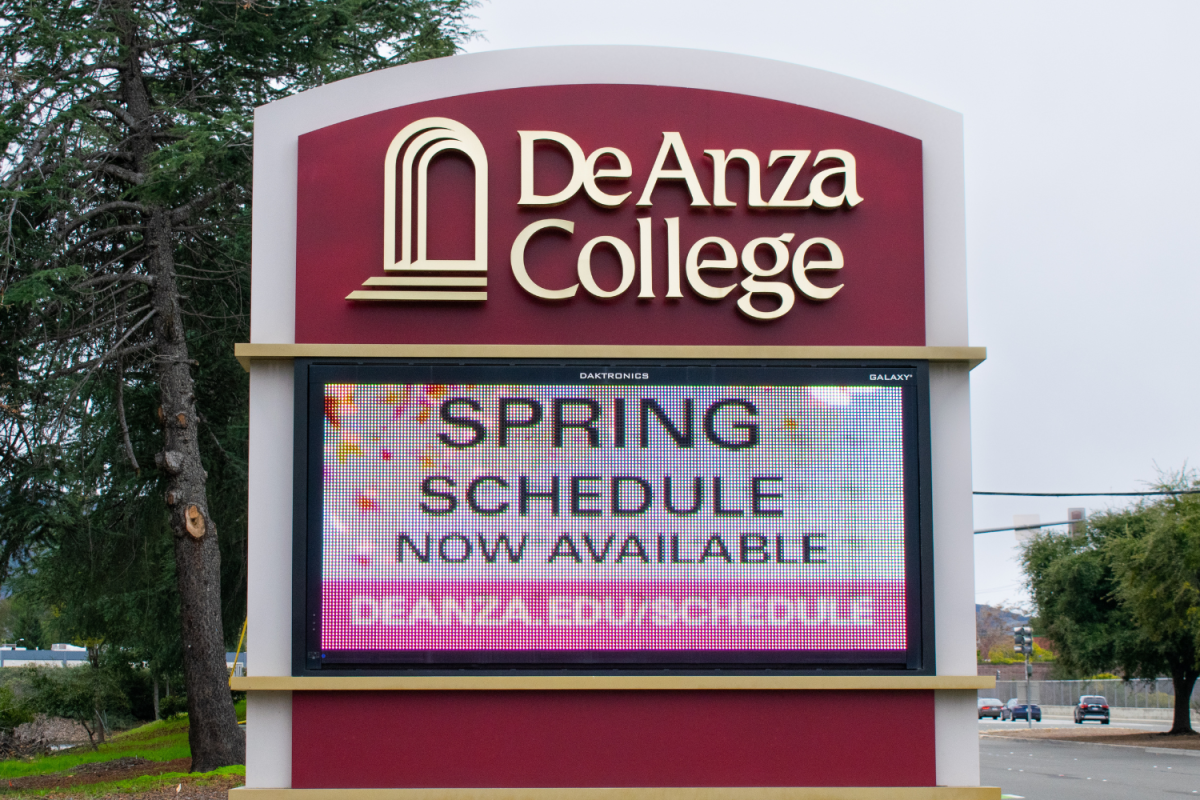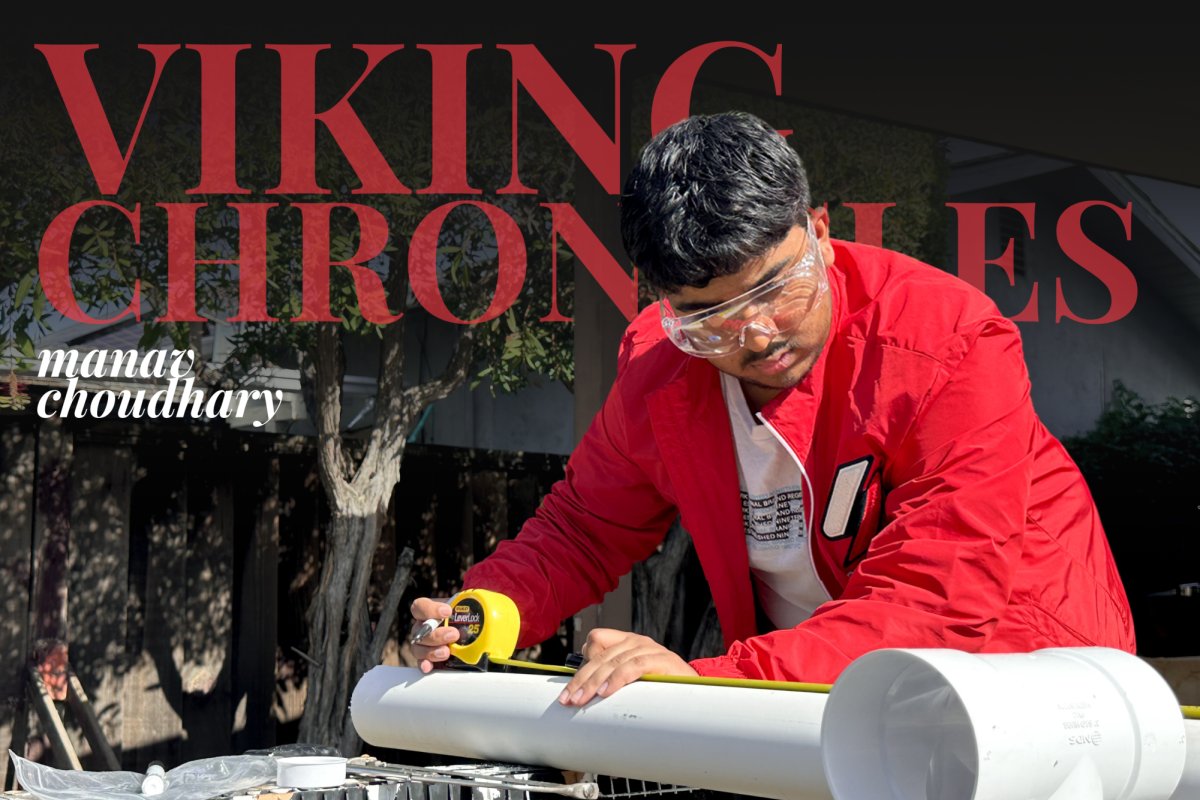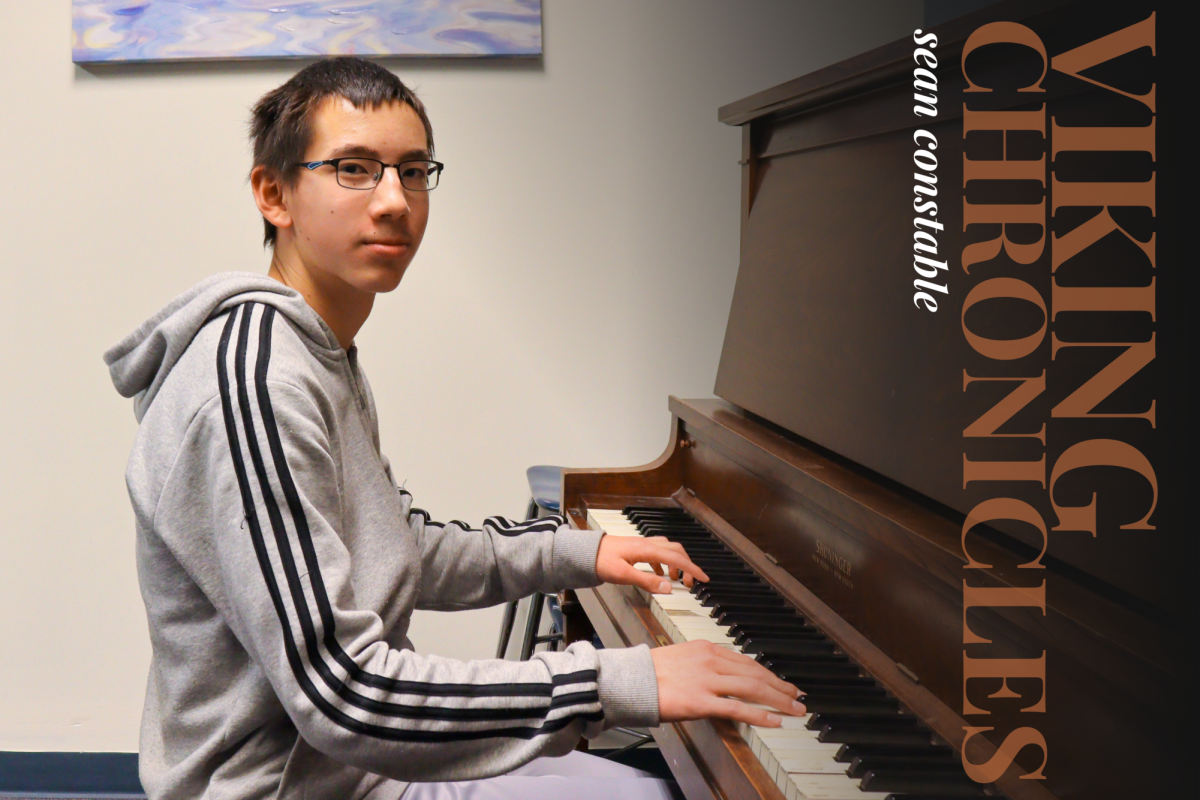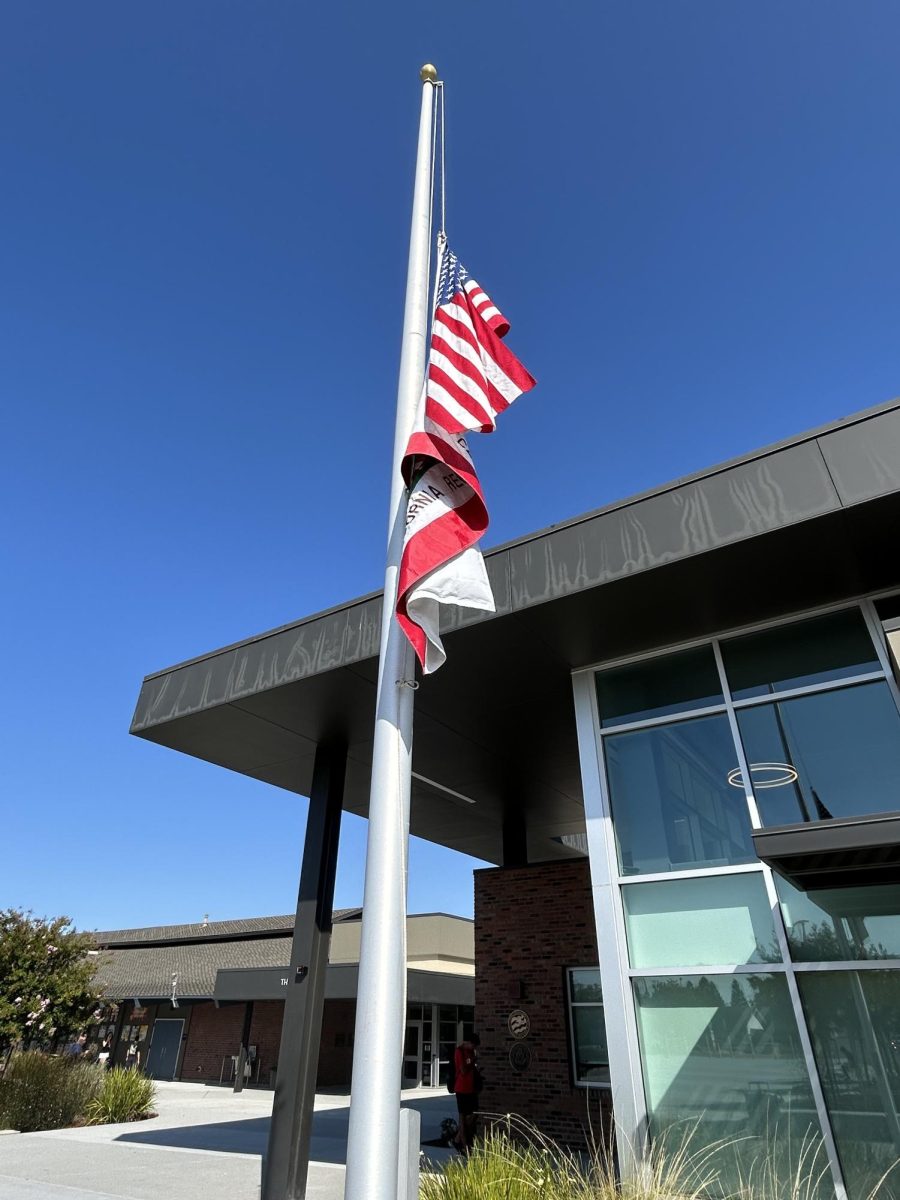Recently, a movement within the De Anza College community has placed pressure on the college to change its name honoring Juan Bautista de Anza. The controversy surrounds De Anza’s role in the 18th century in the genocide of Indigenous people. Movements to change the name were sparked by statements made by Indigenous members of the local Tamien Nation and Amah Mutsun Tribal Band. To boost the voices of Indigenous communities who have spoken about this issue, the college should be renamed to bring awareness to the history and harm done.
During the periods of mass European colonization, De Anza fought in the Spanish army to expand the country’s settlements in the Americas. De Anza’s two expeditions to California were an affront to the humanity and independence of Indigenous peoples, claiming land they had lived on for thousands of years and forcing them to adapt to Spanish customs and culture.
“This goes back to the larger re-examination of historical figures and whether they should continue to be recognized,” history teacher Nate Martell said. “Changing the name is an acknowledgment that Indigenous people were not treated fairly by colonizers.”
In March 2023 at a Vasconcellos Institute for Democracy in Action Conference, Valentin Lopez, chair of the Amah Mutsun Tribal Band, brought attention to the dark history of the college’s name.
“During the next several months, we met and decided to circulate a petition to set up an official task force to investigate a name change,” said Sherwin Mendoza, a part-time instructor at De Anza College.
In October 2023, Mendoza and other members of the De Anza College community began the De Anza Name Exploration Project to explore alternatives and began promoting their petition. As of late January 2024, the petition has gained just under 100 signatures, but Mendoza is hoping February will bring more traction to the petition with a goal of at least 400 signatures.
De Anza’s expeditions affected more than 50 indigenous tribes in the Bay Area, with the Tamien Nation, Muwekma Ohlone and Amah Mutsun Tribal Nation as three tribes remaining in this area that are still unrecognized by the federal government. This is a shameless violation of Article 25 of the UN Declaration of the Rights of Indigenous People.
Ignoring the history of Indigenous nations and peoples perpetuates ignorance and disrespect for their cultures and livelihoods. Changing De Anza College’s name is a step toward honoring Indigenous peoples of the Bay Area.
A name change could be costly to implement, from redesigning signs, uniforms and more. However, the college underwent a similar process in 2022; they successfully changed their logo from the Dons, a title for Spanish nobility commonly associated with colonization efforts, to Rory the mountain lion. The uniforms with the new mascots were slowly implemented after the old uniforms were worn out. The college should implement a similar gradual approach with the changing of the college’s name.
Cabrillo College underwent a comparable process as Juan Rodríguez Cabrillo had a similar colonial history to De Anza’s. In response, a task force was formed to investigate the college’s name, officially accepting a name change in 2020, although the college has not yet implemented it due to cost concerns. Mendoza believes that, while separating De Anza’s colonialist history from the college is important, money should be spent on what Indigenous communities need the most.
“The most important stakeholder here would be the actual Indigenous groups,” Mendoza said. “Any money available for a project like this should be spent depending on what they say their priorities are.”
As of late January, the DANEP has not discussed any new names. Regardless, once the process starts, the college should use a name that local Indigenous groups support — an important step to rectify injustices and further honor the people who are still affected by a dark colonial past.










































































